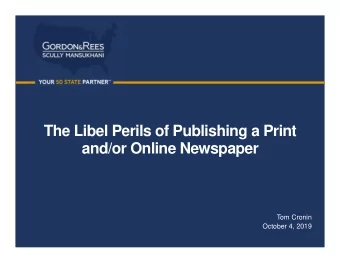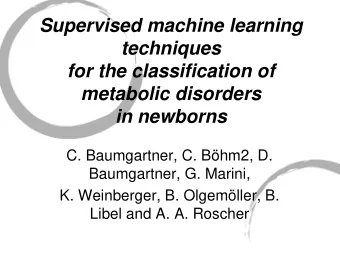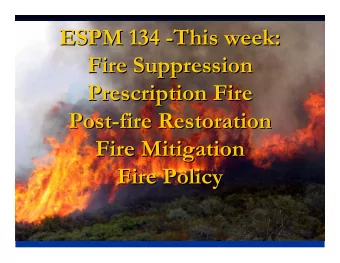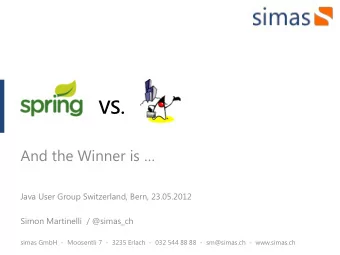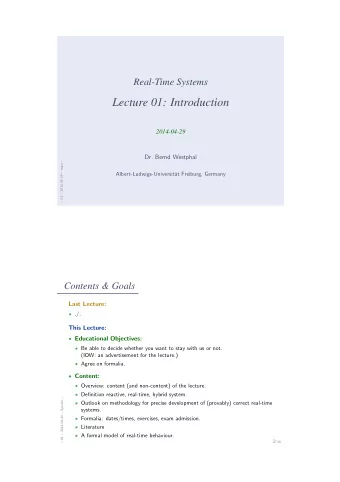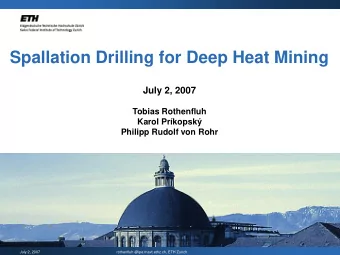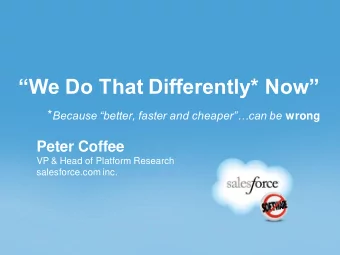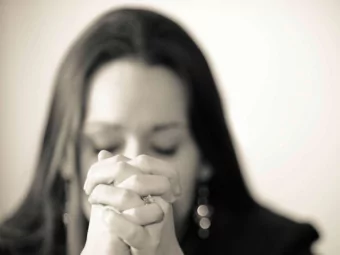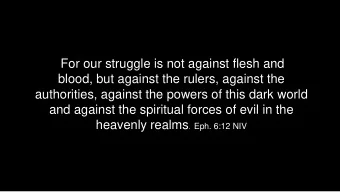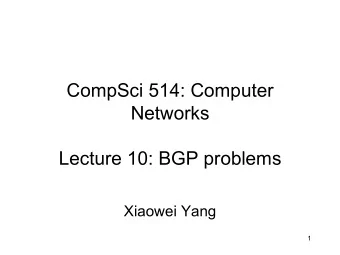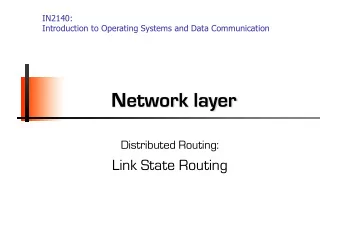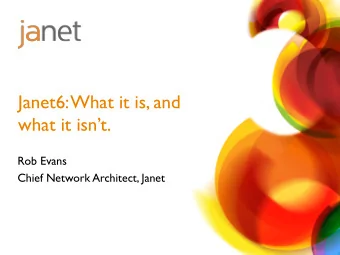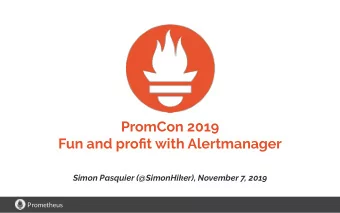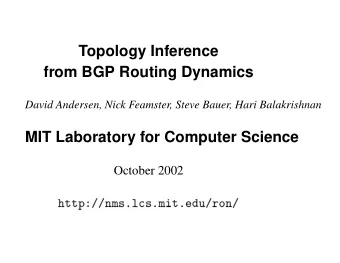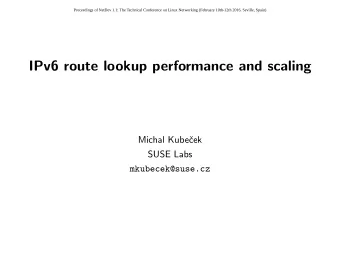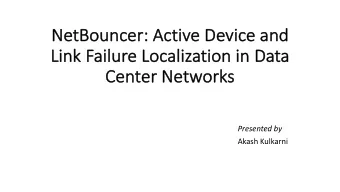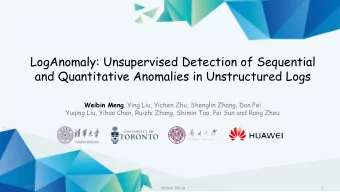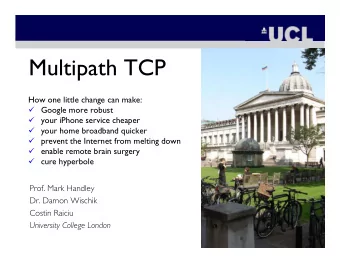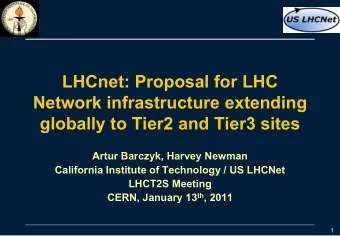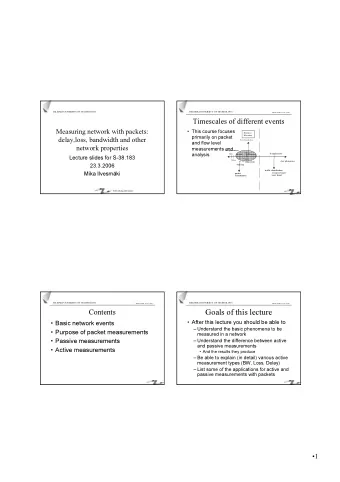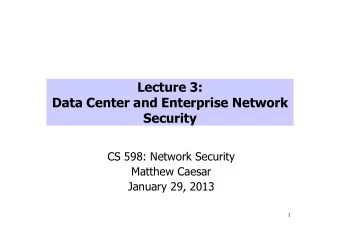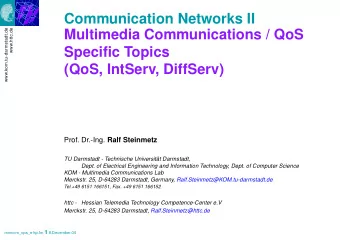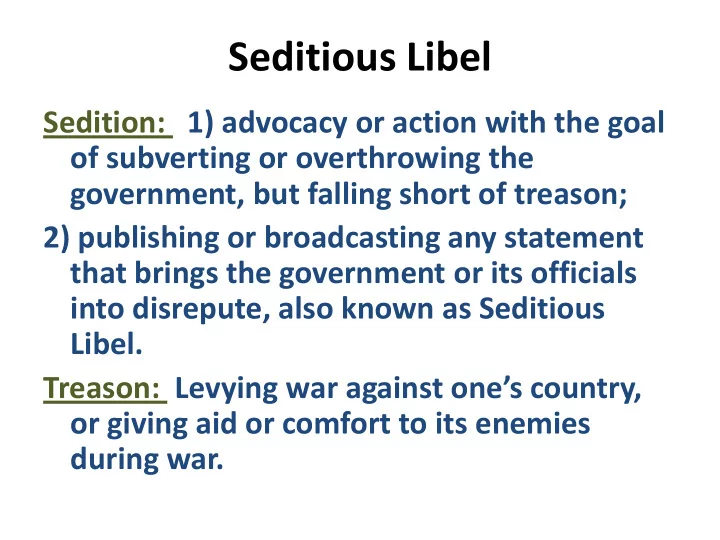
Seditious Libel Sedition: 1) advocacy or action with the goal of - PowerPoint PPT Presentation
Seditious Libel Sedition: 1) advocacy or action with the goal of subverting or overthrowing the government, but falling short of treason; 2) publishing or broadcasting any statement that brings the government or its officials into disrepute,
Seditious Libel Sedition: 1) advocacy or action with the goal of subverting or overthrowing the government, but falling short of treason; 2) publishing or broadcasting any statement that brings the government or its officials into disrepute, also known as Seditious Libel. Treason: Levying war against one’s country, or giving aid or comfort to its enemies during war.
Seditious Libel "De Scandalis Magnatum" prohibited distribution of "any false News or Tales, whereby discord, or occasion of discord or slander may grow between the King and his People, or the Great Men of the Realm." [3 Edw. 1, ch. 34 (1275)]
Sedition Act of 1798 (1) “if any person shall write, print, utter or publish, or shall cause or procure to be written, printed, uttered or published, or shall knowingly and willingly assist or aid in writing, printing, uttering or publishing any false, scandalous and malicious writing or writings against the government of the United States, or either house of the Congress of the United States, or the President of the United States,
Sedition Act of 1798 (2) with intent to defame the said government, or either house of the said Congress, or the said President, or to bring them, or either of them, into contempt or disrepute; or to excite against them, or either or any of them, the hatred of the good people of the United States, or to stir up sedition within the United States, or to excite any unlawful combinations therein
Schenck v. US (1919) Clear and present danger test: “whether the words used are used in such circumstances and are of such a nature as to create a clear and present danger that they will bring about the substantive evils that Congress has a right to prevent.”
Speech or Act? "The most stringent protection of free speech would not protect a man in falsely shouting fire in a theatre and causing a panic."
Holmes’ dissent in Abrams The Marketplace of Ideas “the best test of truth is the power of the thought to get itself accepted in the competition of the market ... That at any rate is the theory of our Constitution. It is an experiment, as all life is an experiment.”
Bad Tendency Test Even a tendency to obstruct government justifies prosecution Government can extinguish spark before it becomes a flame • Abrams v. US (1919) • Gitlow v. US (1925)
Action, not Advocacy Constitution protects advocacy and teaching of revolution, but prohibits advocacy of specific illegal actions Yates v. U.S. (1957) Scales v. U.S. (1961)
Brandenburg v. Ohio (1969) Imminent lawless action test: “free speech and free press do not permit a State to forbid or proscribe advocacy of the use of force or of law violation except where such advocacy is directed to inciting or producing imminent lawless action and is likely to incite or produce such action.”
Recommend
More recommend
Explore More Topics
Stay informed with curated content and fresh updates.
